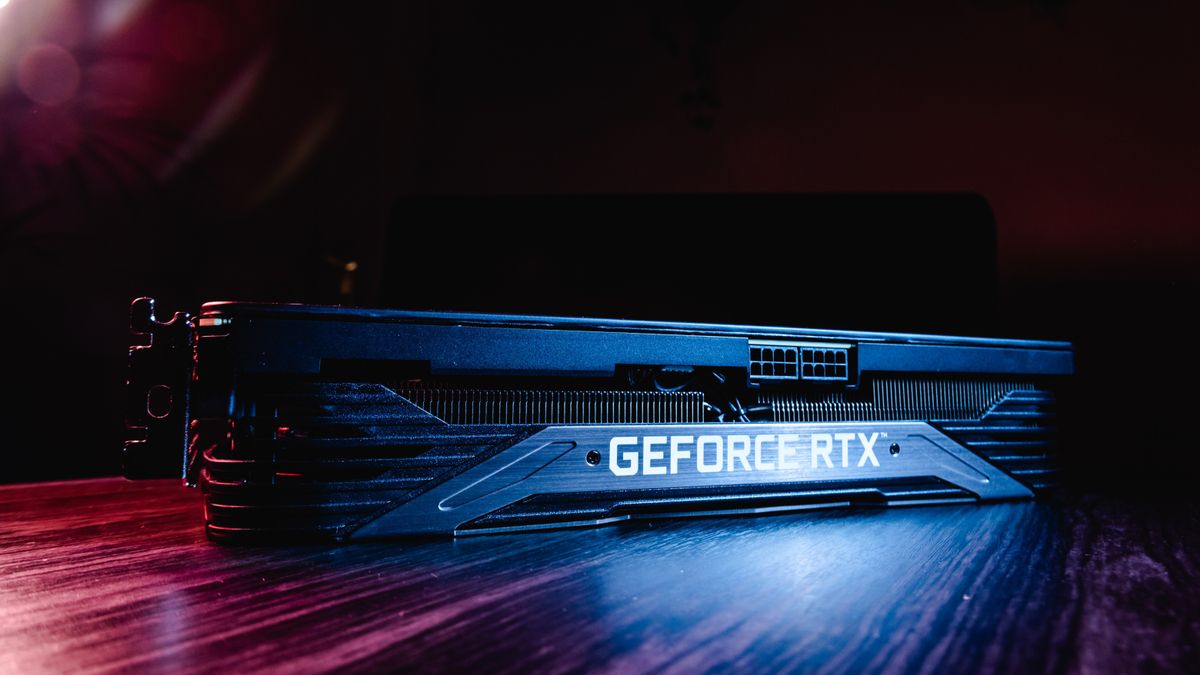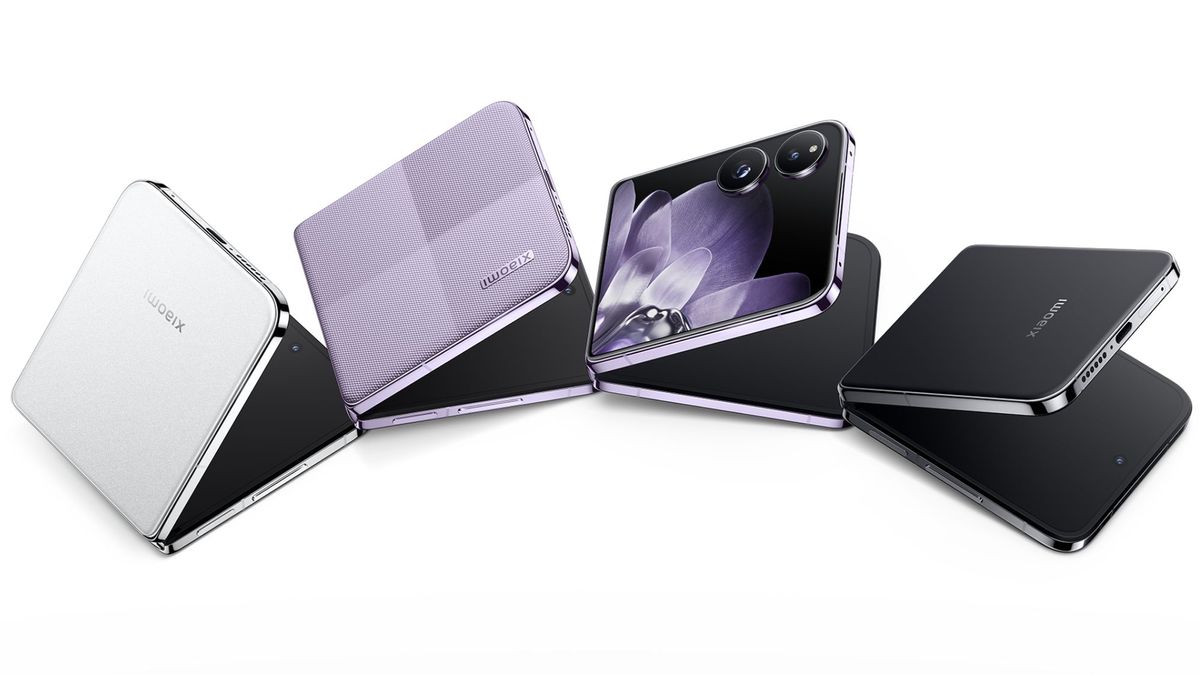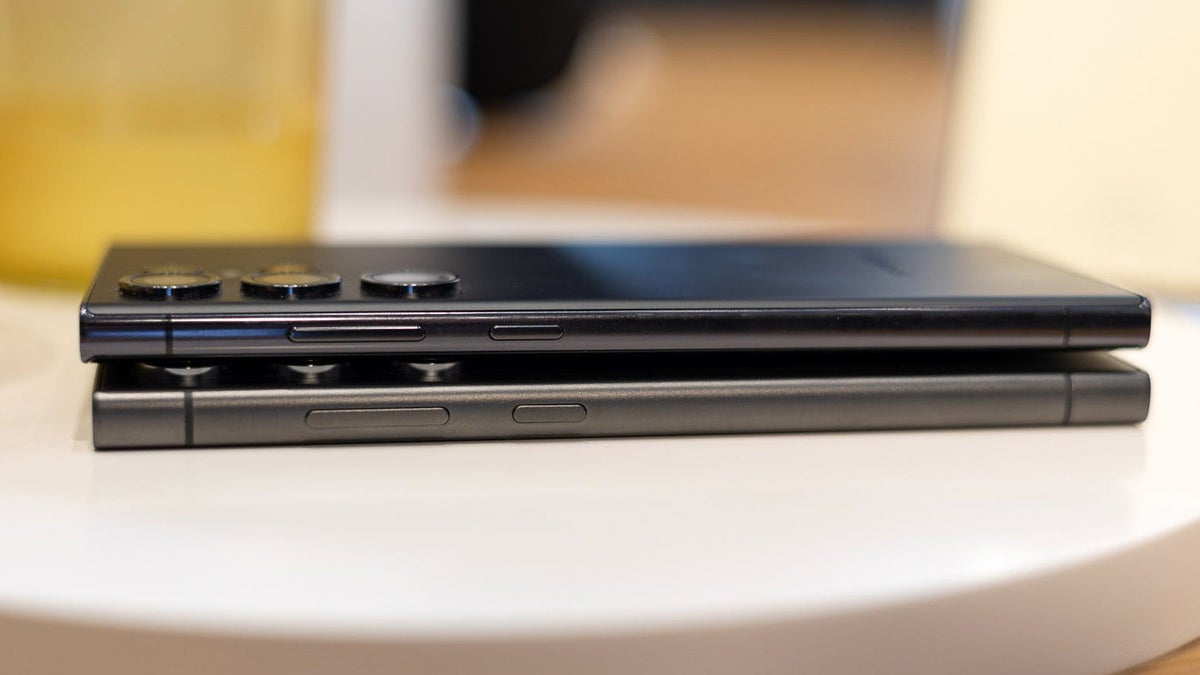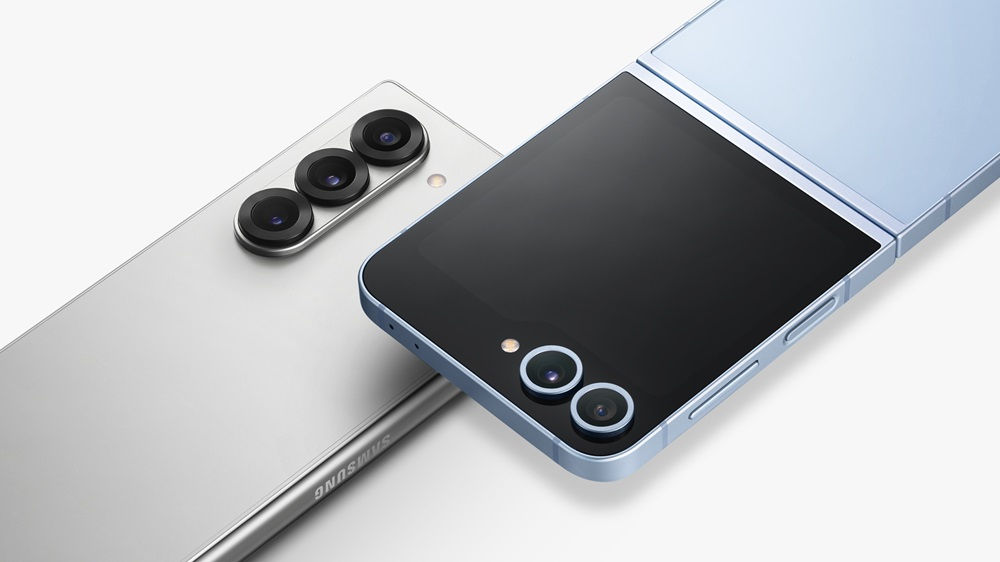From www.techradar.com
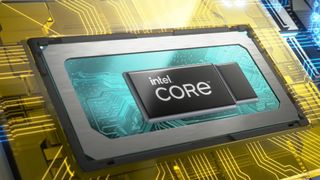
Intel’s Lunar Lake mobile chips have been the subject of another leak – there have been a few recently – with a purported photo of one of the laptop chips shared, and some details on how these processors should run really well with Windows 11.
As a quick refresher, Lunar Lake is low-power silicon designed to be highly power-efficient and great for the best thin-and-light laptops, and these next-gen chips are expected to arrive later this year.
The mentioned photo of a Lunar Lake MX processor (see it below, and add your own salt) comes courtesy of German tech site Igor’s Lab, and shows that the silicon uses a multi-chiplet configuration with on-board LPDDR5X RAM in the mix.
As previously rumored, the most powerful Lunar Lake CPU will run with four performance cores and four efficiency cores.
While that might sound a bit weak sauce, remember, these are CPUs designed for slim laptops – such as the MacBook-like Samsung Galaxy Book5 Pro – and they’re supposed to be powerhouses, but only relative to their size and power envelope.
Okay, we mentioned Lunar Lake performing well with Windows 11 at the outset, so what’s the deal with that? Igor tells us that Intel’s mobile CPUs have been developed in conjunction with Microsoft to be optimized for Windows. So, in short, the hardware and software have been crafted with each other in mind to ensure better overall performance.
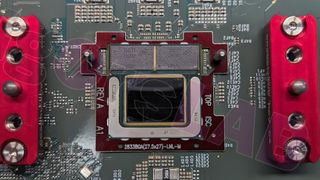
Analysis: It’s a kind of Battlemagic
The happy takeaway here for those mulling a Windows 11 laptop with Lunar Lake later in 2024 (or indeed 2025) is that this is another sign that the performance of Intel’s next-gen mobile processors should be even better than expected. And as you may recall, those expectations are already high, with Lunar Lake said to have several high-value cards up its sleeve, for example to even further bolster battery life, or to make PC games look better.
Speaking of games, it’s worth noting that Igor also confirms that Battlemage, or 2nd-gen Arc, is used with Lunar Lake’s integrated graphics, and that’s a highly anticipated development for faster frame rates in svelte and portable gaming laptops.
Both Intel and Microsoft have a vested interest in pushing Lunar Lake to be something special, with an eye on outdoing Apple’s slim MacBooks which now have M3 silicon in the Air as well as Pro models. A tighter relationship between Intel’s hardware and Microsoft’s operating system will surely help to that end.
The other line of attack against MacBooks for Microsoft is ARM-powered laptops, which will be armed (ahem) with the inbound Qualcomm Snapdragon X Elite chip, a highly promising piece of silicon itself – and one that will power Microsoft’s consumer Surface devices for this year, or so we hear.
It’s clear Microsoft is aiming to land some pretty big punches in the land of laptops during 2024, and all these devices will, of course, be AI PCs pushing Copilot harder (and that dedicated Copilot key, which will naturally prove controversial).
Via Tom’s Hardware
You might also like
[ For more curated Computing news, check out the main news page here]
The post Look out, Apple – Microsoft could be working with Intel to optimize Lunar Lake CPUs for Windows 11 to take on M3 silicon first appeared on www.techradar.com



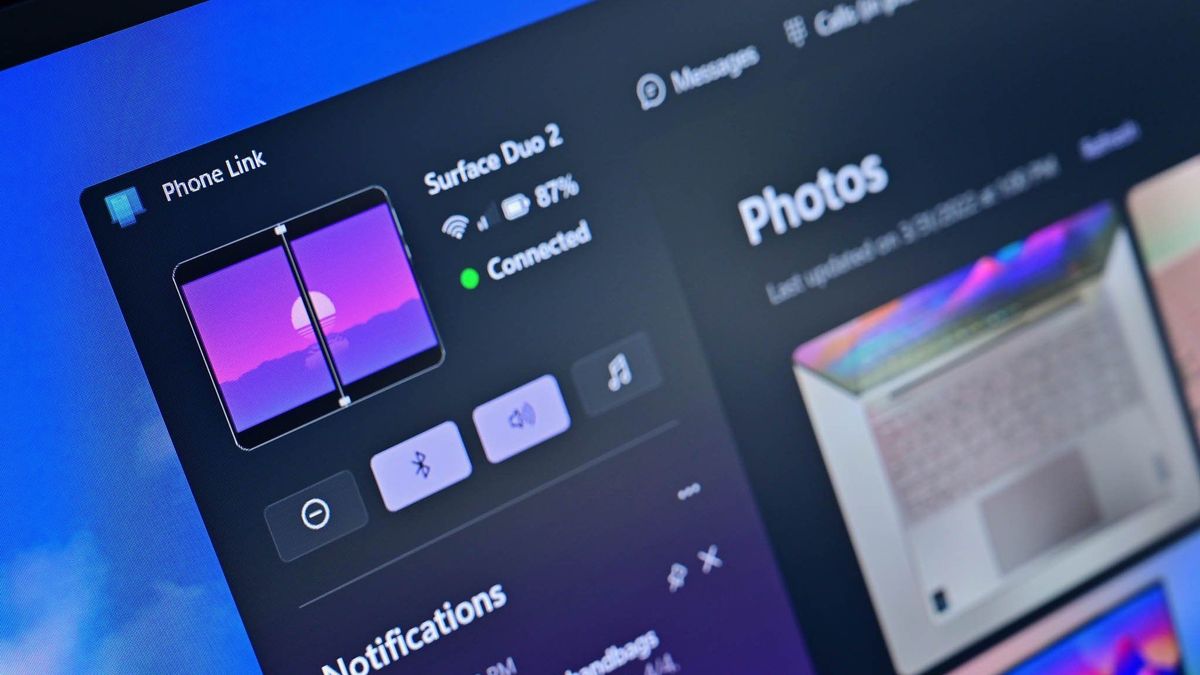

/cdn.vox-cdn.com/uploads/chorus_asset/file/25546355/intel_13900k_tomwarren__2_.jpg)

